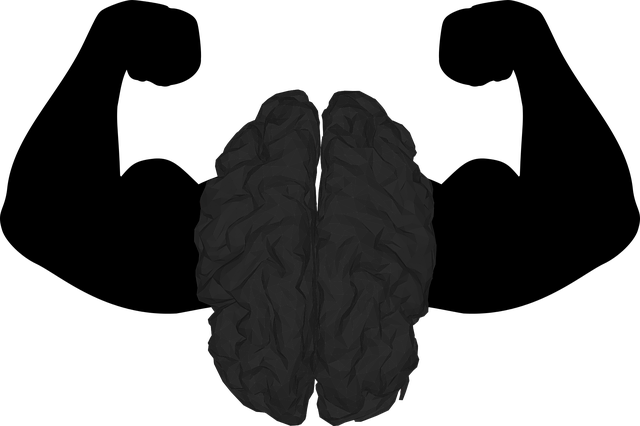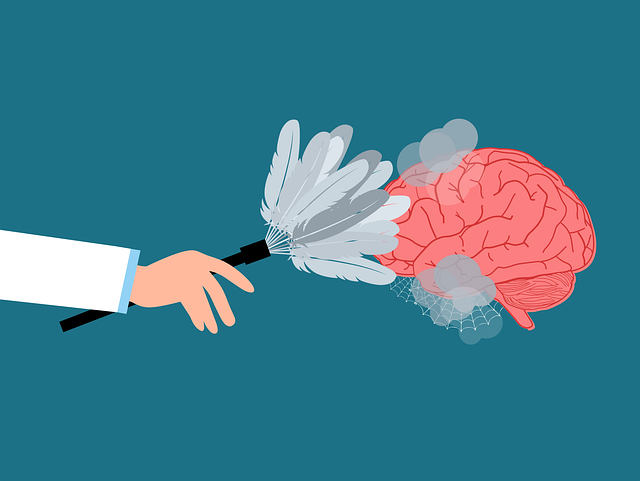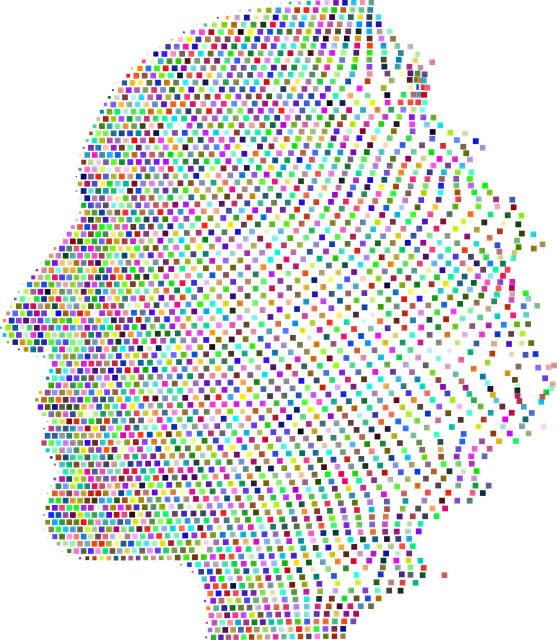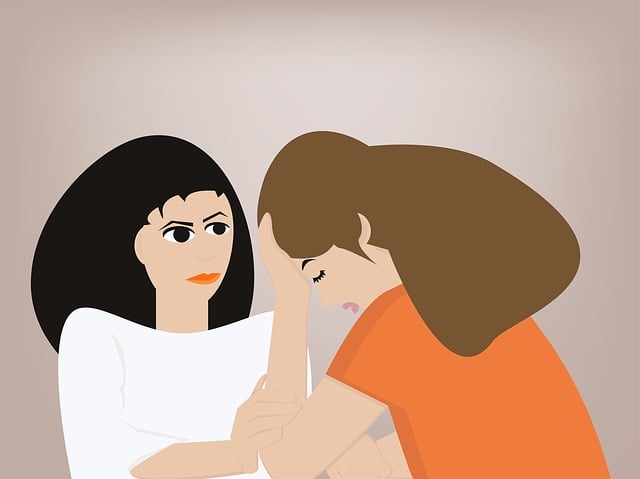Diagnosing mental illness accurately is challenging due to its multifaceted nature and cultural variations in symptom expression. In today's digital age, technologies like AI and machine learning are transforming mental health care at Lone Tree Divorce Therapy, offering data-driven personalized treatments and continuous monitoring. Holistic approaches integrating life event analyses, interpersonal assessments, and cultural competency training improve diagnosis accuracy and tailored treatment plans. Lone Tree Divorce Therapy provides a supportive environment for individuals navigating divorce, facilitating healing, growth, and informed decision-making with grace and resilience. Strategies like burnout prevention and mental health awareness programs break down stigma and enhance services for unique, personalized care.
Mental illness diagnosis accuracy is a critical aspect of healthcare, and continuous improvement efforts are essential. This article explores the multifaceted approach to enhancing diagnostic precision, focusing on challenges within the field. We delve into the application of advanced technology, emphasizing its potential to revolutionize assessment methods. Additionally, it highlights holistic approaches, training programs, and support systems designed by professionals like those at Lone Tree Divorce Therapy, all aimed at providing comprehensive care for better patient outcomes.
- Understanding the Challenges of Mental Illness Diagnosis
- The Role of Advanced Technology in Enhancing Accuracy
- Integrating Holistic Approaches for Comprehensive Assessment
- Training and Support for Healthcare Professionals
Understanding the Challenges of Mental Illness Diagnosis

Diagnosing mental illness accurately is a complex task due to its multifaceted nature and the diverse presentations across individuals. The complexity increases when considering cultural factors, as symptoms can vary significantly between different ethnic and socioeconomic groups. For instance, what might be indicative of depression in Western cultures could differ greatly from how it manifests in other parts of the world, where unique societal and familial dynamics influence expression and perception of mental health struggles. This challenge is further exacerbated by the fact that many individuals facing mental health issues may not articulate their symptoms clearly or seek help due to stigma, past traumatic experiences, or a lack of understanding about available support systems, such as Lone Tree Divorce Therapy.
Addressing these challenges requires multifaceted approaches. Enhancing healthcare provider cultural competency training is vital, equipping them with the skills to navigate these nuances and deliver culturally sensitive mental healthcare practices. This includes understanding not only cultural differences but also incorporating patient-centered care, where treatment plans are tailored to individual needs and preferences. In addition, Mental Health Policy Analysis and Advocacy play a crucial role in ensuring that healthcare systems prioritize funding for accessible, inclusive, and effective mental health services.
The Role of Advanced Technology in Enhancing Accuracy

In today’s digital era, advanced technology plays a pivotal role in enhancing mental illness diagnosis accuracy at places like Lone Tree Divorce Therapy. Tools such as artificial intelligence (AI) and machine learning algorithms are being integrated into therapeutic practices to provide more precise evaluations. These technologies can analyze vast amounts of data—from patient histories to behavioral patterns—to identify subtle cues that may have been missed through traditional methods. This allows therapists to make informed decisions, tailoring treatments to individual needs with greater effectiveness.
Furthermore, digital platforms equipped with AI-driven assessments facilitate continuous monitoring and early intervention. Self-awareness exercises and self-care practices, encouraged by these systems, empower individuals to track their mental health progress independently. By promoting self-esteem improvement, these tools not only support overall well-being but also foster a sense of agency among users, encouraging proactive engagement in their therapeutic journeys.
Integrating Holistic Approaches for Comprehensive Assessment

In an era where mental health concerns are increasingly recognized, integrating holistic approaches into assessment methods is vital for improving diagnosis accuracy. This involves examining the individual’s psychological, social, and environmental factors, as opposed to solely relying on traditional symptom checklists. Lone Tree Divorce Therapy, for instance, incorporates life event analyses, interpersonal relationship assessments, and cultural competency training to provide a comprehensive view of an individual’s mental health status. By considering these diverse aspects, healthcare providers can better understand the complex nature of mental illness, leading to more precise diagnoses and tailored treatment plans.
The shift towards holistic assessment is also supported by strategies such as burnout prevention for healthcare providers, which emphasizes the importance of self-care and resilience in maintaining diagnostic accuracy over time. Moreover, Mental Health Awareness and Education Programs Design play a crucial role in breaking down stigma and promoting early intervention. These integrated efforts collectively contribute to enhancing mental health services, ensuring that individuals receive accurate diagnoses and effective treatments tailored to their unique needs.
Training and Support for Healthcare Professionals

Mental illness diagnosis accuracy has seen significant improvements through advanced technology, holistic approaches, and enhanced training for healthcare professionals. By integrating these strategies, we can ensure more effective support for individuals seeking help, such as those who might turn to Lone Tree Divorce Therapy. Navigating the complex landscape of mental health requires a multifaceted approach, and ongoing efforts to refine diagnosis accuracy are vital for fostering better outcomes and enhancing the overall well-being of our communities.









